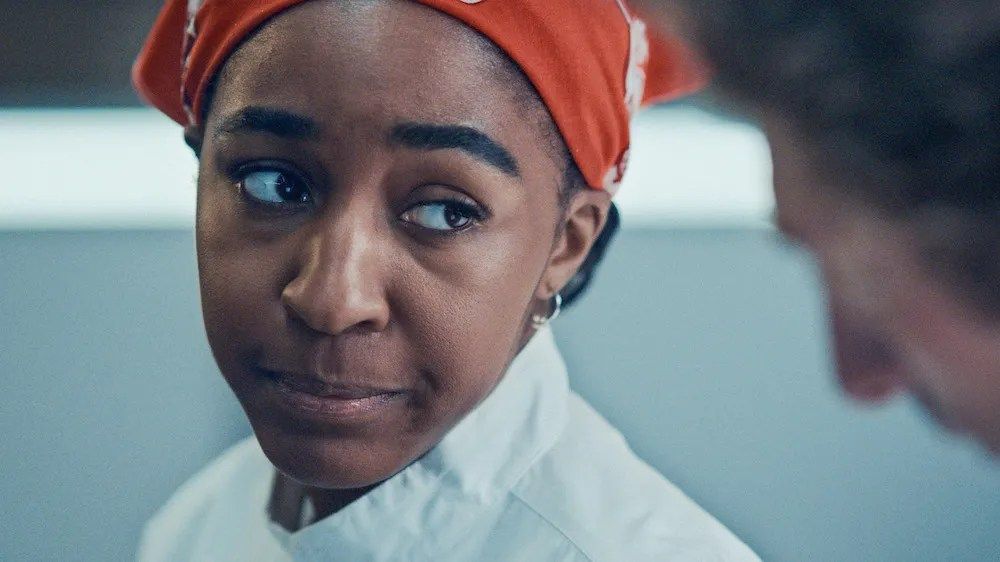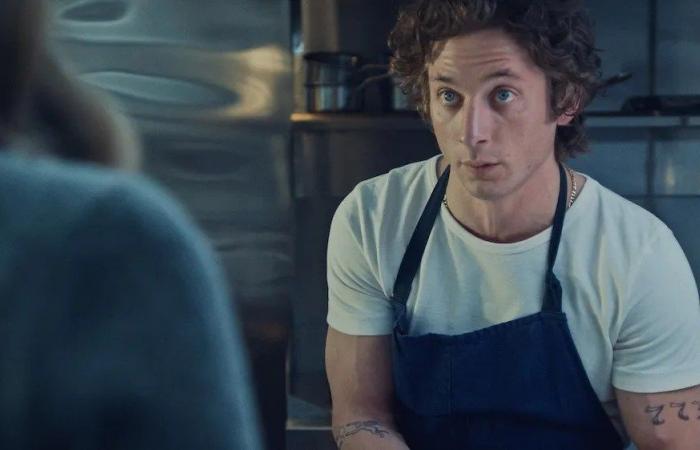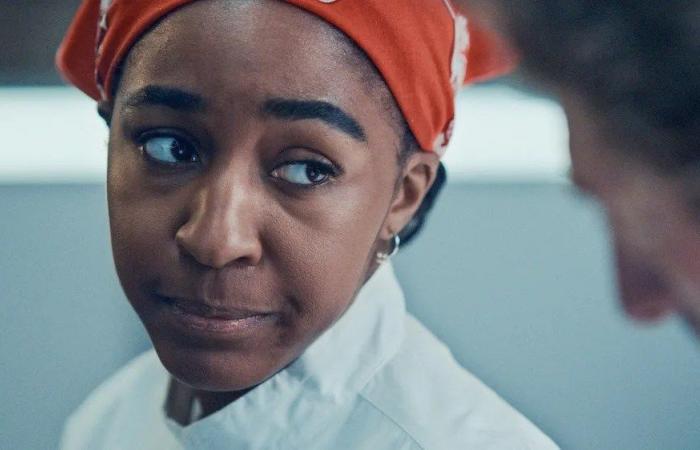Any job, no matter how exciting it may seem from the outside, can become repetitive, exhausting, stressful. It can be a newspaper office – that is my experience at least – or a restaurant, like the one located in the dramatic center of BEARThese are jobs that are done against the clock, organized according to a scheme that should be precise and efficient but isn’t always, and in which egos clash with each other more than humanly necessary; jobs in which having a “bad boss” can ruin an employee’s experience or create a constant bad working environment.
The third season of THE BEAR It focuses on how bad work experiences are replicated, how traumas and bad habits learned or repeated in such situations end up dominating and complicating the lives of those who go through them. It is a season that does not achieve the emotional power of the second one – it is more tense, rough and disorganized – but it maintains the very good level and consistency that one already expects. In its own way, it works almost as a transition towards a series of definitions that will surely come in the fourth.
The first episode begins just a few hours after the chaotic finale of the second season – in which Carmy was left locked in a huge freezer in the middle of the restaurant’s opening and had a nervous breakdown there that ended with him confronting everyone and himself – and tries to add some new problems to the ones we already know about him. We will soon discover that it is not only his family that has traumatized him.
In an episode that goes back and forth through different moments of his apprenticeship as a chef, we will see how some bad work experiences have become part of his life and today he reiterates them, suffers them and transfers them to others. Recognizing it is not getting over it, clearly, since Carmy (Jeremy Allen White) remains in a state of stupefaction for almost the entire season. But at least it is starting to retrace his steps. The season will have him trying to take The Bear restaurant to the excellence that he aspires to, to the Michelin star that he supposes it deserves. And to do that, he will have to take everything to the edge of what is manageable: emotionally and financially.
Carmy wants the menu to change every day and only buy the best quality products even when they are hardly used. But doing that means dealing with his “Uncle Cícero” (Oliver Platt), who sees that the numbers are not closing, and with a ridiculously intense work environment. With his “cousin” Richie (Ebon Moss-Bachrach) it will be a constant shouting and with the second – sorry, his sous chef–, Sydney (Ayo Edebiri), will develop into a relationship that we could call passive-aggressive: he treats her well, but clearly does not take her ideas into account. Which leads Sydney, for reasons that will become clear, to delay signing a contract that would make her a partner in the venture longer than expected.
The season has as its points of tension the personal, the economic, the expectation of the media criticism and the usual chaos of serving nine-course dinners every day with a different menu in a rather bad work environment. In between, the particular cases and the parallel plots. In the case of Carmy, his love breakup with Claire (Molly Gordon), but the others will have their own thing too, with fathers (Syd’s), mothers (Jamie Lee Curtis returns), pregnancies (Melanie, Carmy’s sister, is about to give birth) and the Fak brothers (Mathy Matheson and Ricky Staffieri) who end up becoming exhausting comic reliefs of the series, which rather than easing tensions end up increasing them.

There will be plenty of cameos and occasional roles (some new like John Cena and Joel McHale) and others already known (Olivia Colman, the flashbacks with Jon Bernthal, and Will Poulter, among others), as well as a long series of real guest chefs who will have their moment of glory in an episode. And although the narrative axes are clearly laid out, at times the series abuses the musical montage sequences, the comings and goings in time, the attempt to generate tension by shouting in a somewhat repetitive way (Richie at times returns to being the “head” which seemed to have been overcome) and a hasty editing style that was no longer original.
The best thing about the season is when it takes a turn and becomes reflective and warm, when the camera pans around the city, soaking the series in the real Chicago that contains it, when the characters take a breath and can talk to each other and not just bark at each other. Episode 6, directed by Edebiri, is the best of all. It’s a flashback which shows us the life of Tina Marrero (Liza Colón-Zayas) before being part of The Beef, the original Berzatto restaurant. In her coming and going looking for work throughout the city and, especially, in her emotional meeting with Mikey (Bernthal), THE BEAR It brings out its most humanistic, warm and supportive side, which makes the tension that the characters experience “bearable”. And not only them. These scenes are, for the spectators, what justify the stress of everything else. The world can be an intense, violent and problematic place, but if there are ties that unite people, if there is something that can be called “community”, everything becomes more bearable. Both in fiction and in reality.



